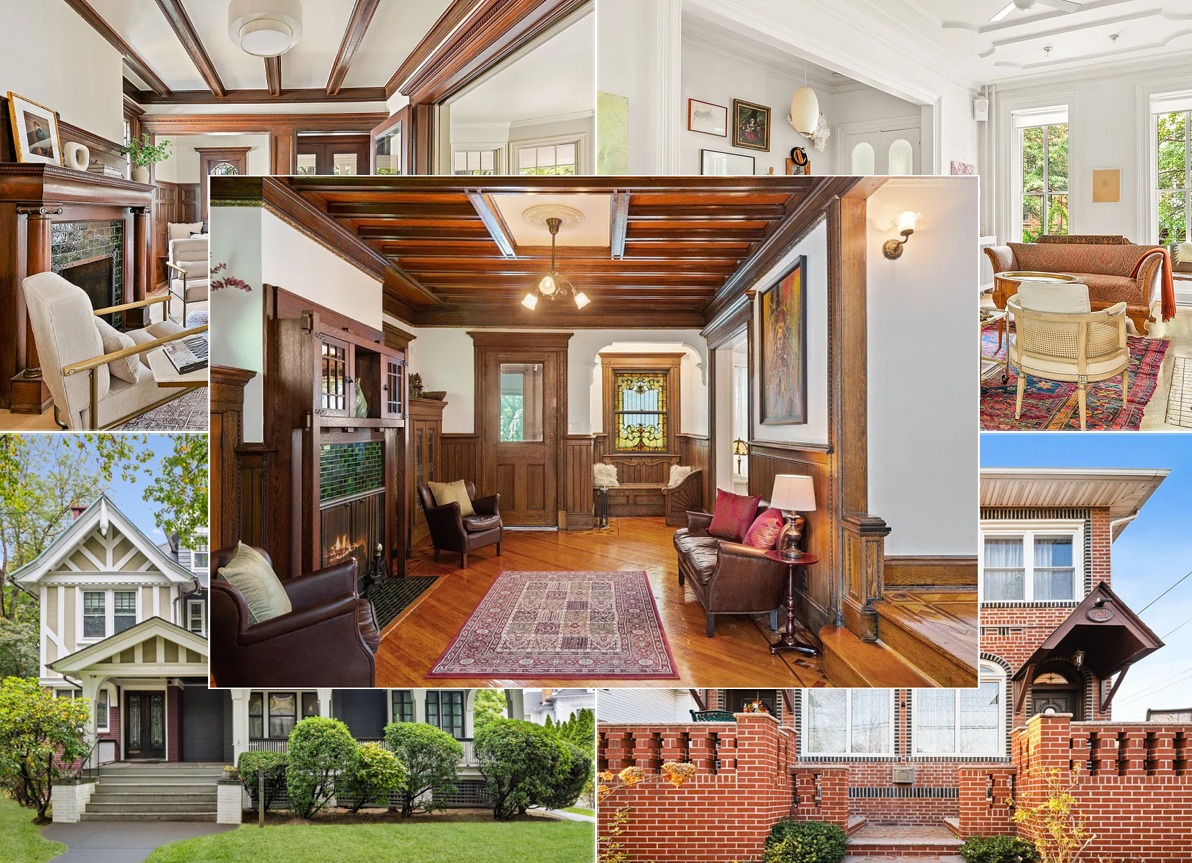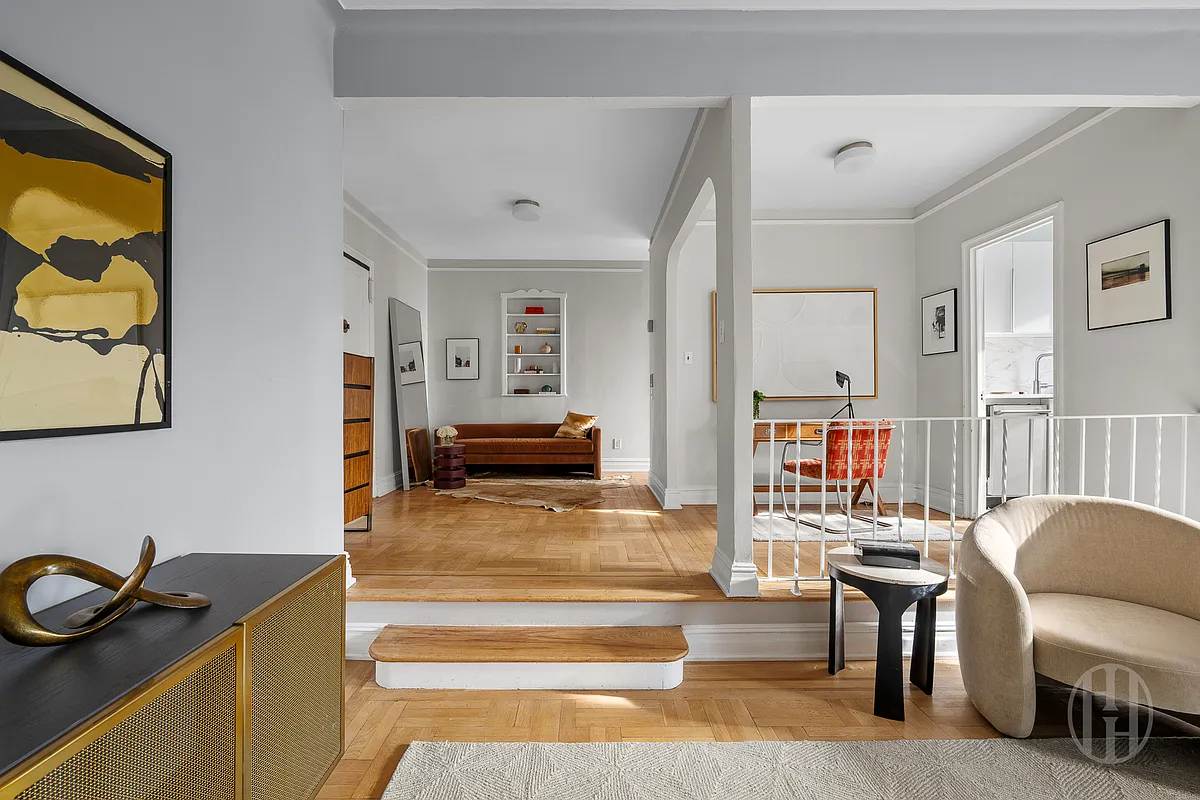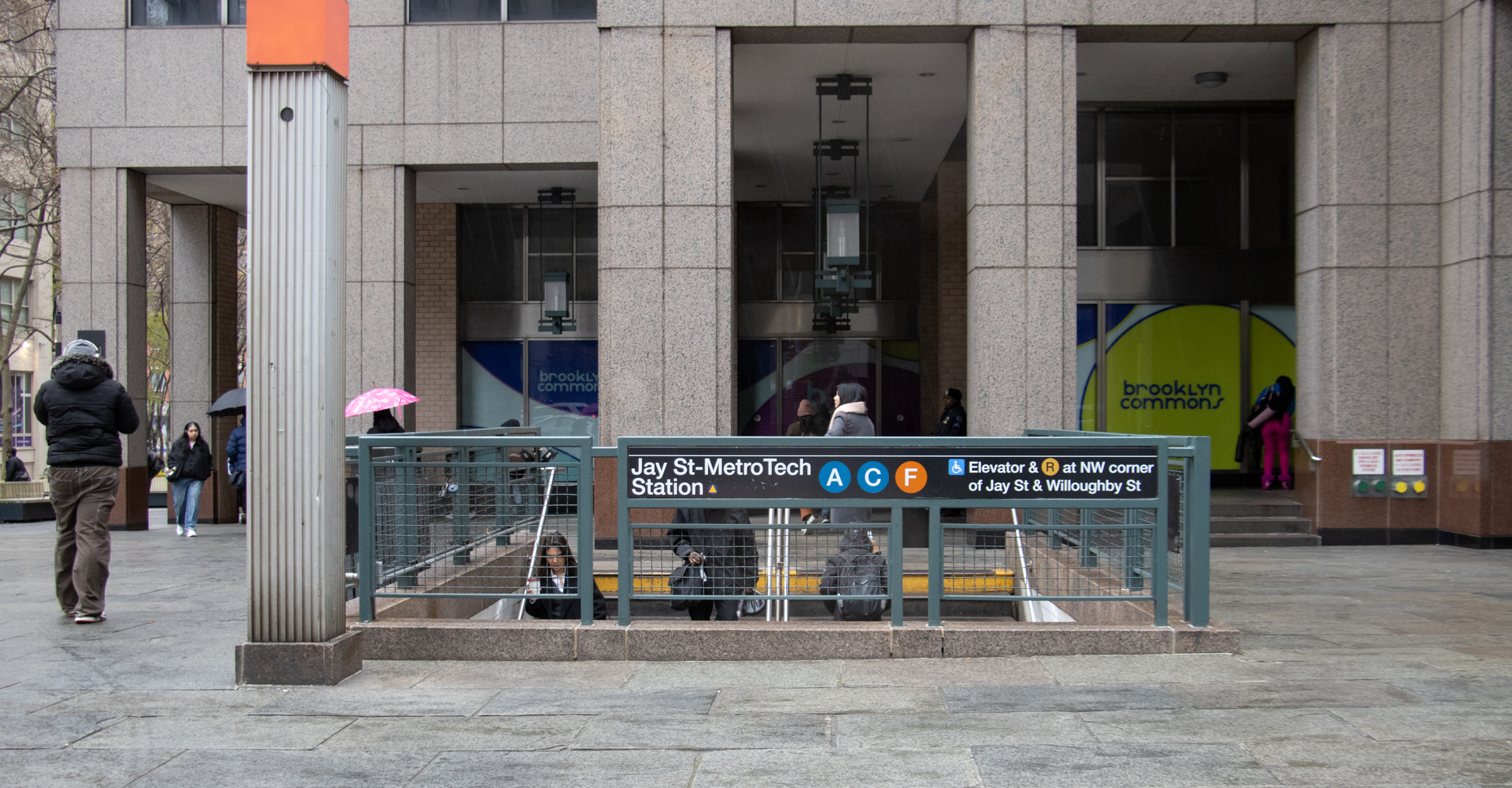Rent-Stabilization Hike: Lose-Lose?
At the conclusion of the typically rowdy Rent Guidelines Board meeting last night, the board authorized increases of 4.5 percent on one-year leases and 8.5 percent on two-year leases for the city’s 1 million rent-stabilized apartments. The hike was the largest one in almost two decades, but many landlords were unhappy with the decision, saying…

 At the conclusion of the typically rowdy Rent Guidelines Board meeting last night, the board authorized increases of 4.5 percent on one-year leases and 8.5 percent on two-year leases for the city’s 1 million rent-stabilized apartments. The hike was the largest one in almost two decades, but many landlords were unhappy with the decision, saying operating costs (especially fuel charges) have skyrocketed. “I am not satisfied with what we have at all,” said one landlord quoted in the Sun. According to the Times, the Rent Stabilization Association, which represents thousands of landlords, had been pushing for increases of between 10 and 15 percent. The board gave another concession to landlords in the form of a supplemental monthly rent increase of $45 for one-year leases or $85 for two-year leases for tenants who have lived in stabilized units for more than six years. Tenants, of course, expressed frustration with the board’s decision. The point we’re making is that this is a charade, Michael McKee, the treasurer of Tenants Political Action Committee, is quoted as saying in the Times. This was a done deal from the beginning. Before the meeting last night, Council Speaker Christine Quinn held a rally in support of a bill before the Legislature that would restructure the Rent Guidelines Board (which is solely comprised of members appointed by the mayor) and deny rent increases for one year on any unit with serious violations.
At the conclusion of the typically rowdy Rent Guidelines Board meeting last night, the board authorized increases of 4.5 percent on one-year leases and 8.5 percent on two-year leases for the city’s 1 million rent-stabilized apartments. The hike was the largest one in almost two decades, but many landlords were unhappy with the decision, saying operating costs (especially fuel charges) have skyrocketed. “I am not satisfied with what we have at all,” said one landlord quoted in the Sun. According to the Times, the Rent Stabilization Association, which represents thousands of landlords, had been pushing for increases of between 10 and 15 percent. The board gave another concession to landlords in the form of a supplemental monthly rent increase of $45 for one-year leases or $85 for two-year leases for tenants who have lived in stabilized units for more than six years. Tenants, of course, expressed frustration with the board’s decision. The point we’re making is that this is a charade, Michael McKee, the treasurer of Tenants Political Action Committee, is quoted as saying in the Times. This was a done deal from the beginning. Before the meeting last night, Council Speaker Christine Quinn held a rally in support of a bill before the Legislature that would restructure the Rent Guidelines Board (which is solely comprised of members appointed by the mayor) and deny rent increases for one year on any unit with serious violations.
Board Backs Rise in Rent Up to 8.5% [NY Times]
Rent Increases Are Approved For Stabilized Apartments [NY Sun]
Photo by richarddavis.





Thanks!
Bxgrl,
Check this link. Very boring, but informative. Index of sorts, but its all there.
http://www.tenant.net/Oversight/Briefing/appendb.html
“I’m living in a dream world on that one.”
Posted by: bxgrl at June 20, 2008 4:33 PM
So true!
Since, by your own admission, you live in your friend’s building, you don’t get to decide or have an opinion about how RR or the free market work or have an impact on real people. You are not part of either equation.
Off to be a whore this weekend, Biff?
So originally, when RC was first implemented- what was the reason? And what were the criteria for a tenant to be in a rent controlled apartment? Anyone know?
Actually, 5:13, the usual implication of a means test for RR is that a regulated unit can only be rented to someone who meets an income test – not the other way around as you suggest.
Like everything else, RR has to strike a balance between preserving diversity and preserving a free market for both renters and landlords. Universal regulation would remove the incentive to develop a range of properties at various price points to serve a full range of renter preferences. Some people want to (or can only afford to) live in an $800 sixth floor walkup; some people want to live in a $10K penthouse.
I don’t think anyone would argue that the RR system as it exists today is the best possible implementation. It’s actually the worst – except for all the other ones.
4:55 – if you means test for RR then essentially you will incentivize landlords only renting to people of means (at least enough means to not qualify for RR)
And people who enjoy below market rate rent rent are not “abusing the system” – the system puts no weight on income (except for luxury decontrol).
If you want to maintain a diverse society wouldnt it make alot more sense to have total vacancy decontrol and Rent Stabilization on ALL apartments (i.e. not just the ones built pre ’74)? And maintain a robust system of direct subsidy for the working poor, diabled and other vulnerable communities?
Under this system no one is ‘forced’ to move and everyone who is renting can have a reasonable expectation of future rents ( I mean why should the 90K yr person – paying market rate rent – be forced to move any quicker than the 30K a year person paying a RR when the whims of society drastically pushes up the rent in one neighborhood or another?) If all this is about maintaining societal cohesion and stability – then why is RR limited to only certain aged buildings?
Brownstoner, you incorrectly summerized the new rent increases.
The $45/mo and $85/mo increase is not in addition to the rent percentage increase, it is in place of it, if the tenant has been in residence for more than six years.
This is an unfortunate error. Please be more careful in the future.
4:36 – 4:13 here. While it is undeniably true that there are a few people abusing the RR system, that’s true of almost any system. Anecdotal evidence of a few people here and there living in below-market housing when they could afford more doesn’t make the RR system fundamentally broken. Personally, I believe the goal should be to maintain a stable pool of RR housing, so that we can preserve the economic and social diversity that makes this city such an amazing place to live. I’m no public policy wonk, but introducing a means test sounds like a good idea, as long as it takes into acount more than a couple years of income, and as long as it is tied to rolling back vacancy decontrol.
4:19 – I already have opened my wallet, as has every other taxpayer in NYC. Ultimately the RR system is subsidized by us, just like all other economic public policy.
“The regulation of the financial industry has in fact created a century of diminished access to capital”
What the heck are you smoking, Polemicist?
Seriously.